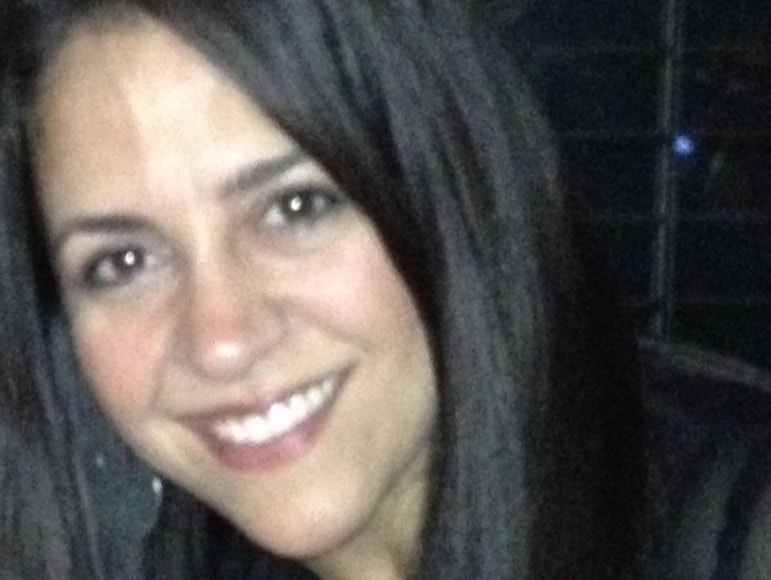|
To help those in need, it is important to listen and work together. To do good in this world, often means to wait, listen, discern, and appropriately respond instead of simply reacting out of habit or with stale structures and processes. Our world is constantly changing, and the needs are greater than ever physically, emotionally, mentally, and spiritually. Natural disasters, political tensions, violence, and other key factors continue to threaten peace and security for so many and pushing irregular and dangerous patterns of migration.
While basic needs such as food, water, shelter, clothing and sanitation and healthcare should be a priority there are additional fundamental human needs. These needs appeal more to the human rights and dignity of each person such as safety, understanding, well-being, love, acceptance, esteem, identity, and self-determination. Pope Francis has called for a two-year “Synod” process (2021-2023) where Bishops worldwide are called upon to consult within their own parish and inter se prior to the end of the period (2023). As he has noted “a synodal Church is a Church which listens”. This process calls for 3 key steps: encounter, listen and discern. It calls for us all, religious, and lay people, to walk in lockstep with the humanity around us. To listen to, not just hear, the voice of all individuals within the community, with empathy and sensibility even to our own prejudices. How are we as listeners? Do we include voices of people different from us? Do we take the time to connect with those that have had significant challenges along their journey? Do we strive to learn and seek to understand or simply convert others to our way of thinking? When we engage in active listening and open dialogue, a positive transformation within our culture can truly take shape. Monthly column written for St. Joseph Catholic Church, Tampa, FL https://bit.ly/CCBulletin112821
0 Comments
Underlining tensions around the topic of migration, including discriminatory attitudes, such as racism and xenophobia, often result in aggressive behaviors and even violence towards the migrant community. Inequalities and lack of a proper infrastructure, opportunities or perspective within the host country can also heighten fear and intolerance creating a further divide within communities and fuel the migrant’s treacherous journey.
These journeyers find themselves extremely vulnerable to exploitation and violence, many unaware of their rights and protections within their new, often overwhelming, surroundings. Irregular migration also fosters gender-based violence to take place, primarily against women and girls, with incidents being largely underreported. This constant state of fear and trauma within a migrant’s journey is damaging to their overall health and well-being and detrimental in preventing them from living out their full potential as a contributing member of society. Despite laws in place, overall cultural divides and prejudices against migrants often diminish or delay a safe and peaceful refuge. Further defining groups within the migratory community, international law recognizes refugees as individuals with a well-founded fear of persecution based on their race, religion, nationality, social or political affiliation and unable or, due to such fear, unwilling to seek protection from or return to their country of origin. According to the principle of non-refoulement, this refugee should remain in the host country to avoid serious threat to their freedom and most crucially, their life. How are we helping to foster peace and security for those risking everything to find protection from violence and exploitation in search of a better life? Are we able to see past the migrant label and uphold every person’s human dignity so they can become an integral part of their new community? Monthly column written for St. Joseph Catholic Church, Tampa, FL https://bit.ly/CCBulletin111421 |
gaby DeBellisLL.M., J.S.D., Archives
August 2022
CATEGORIES |



 RSS Feed
RSS Feed